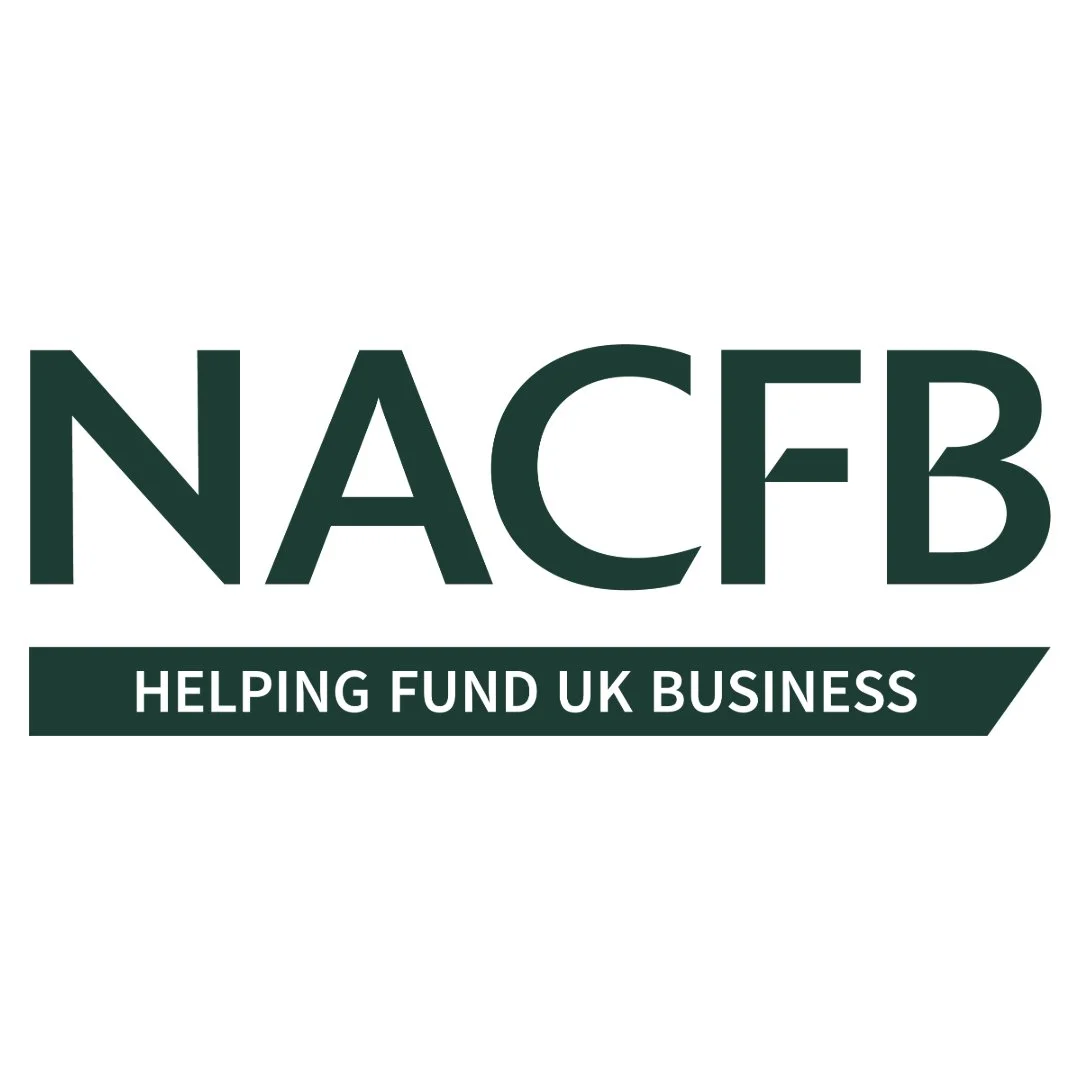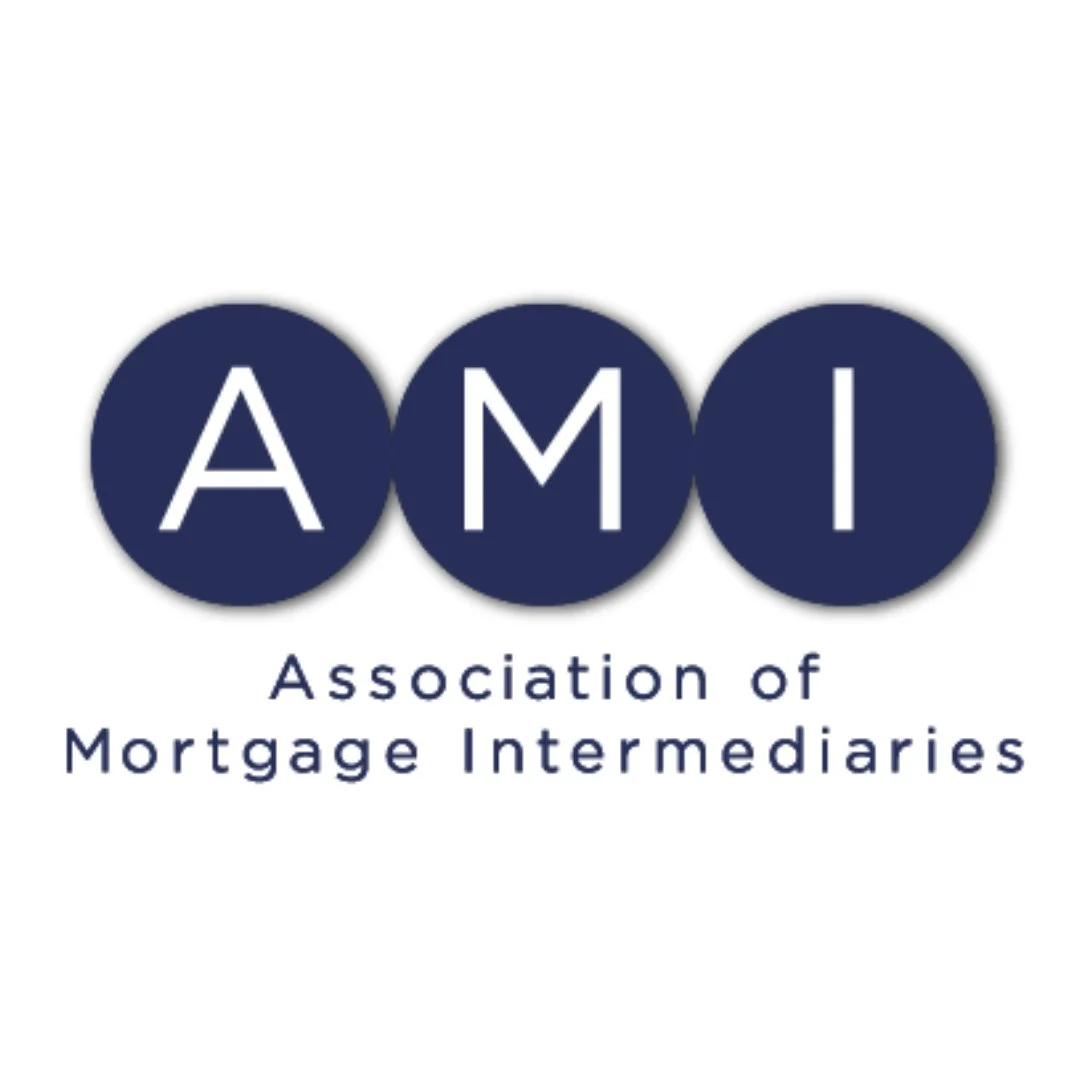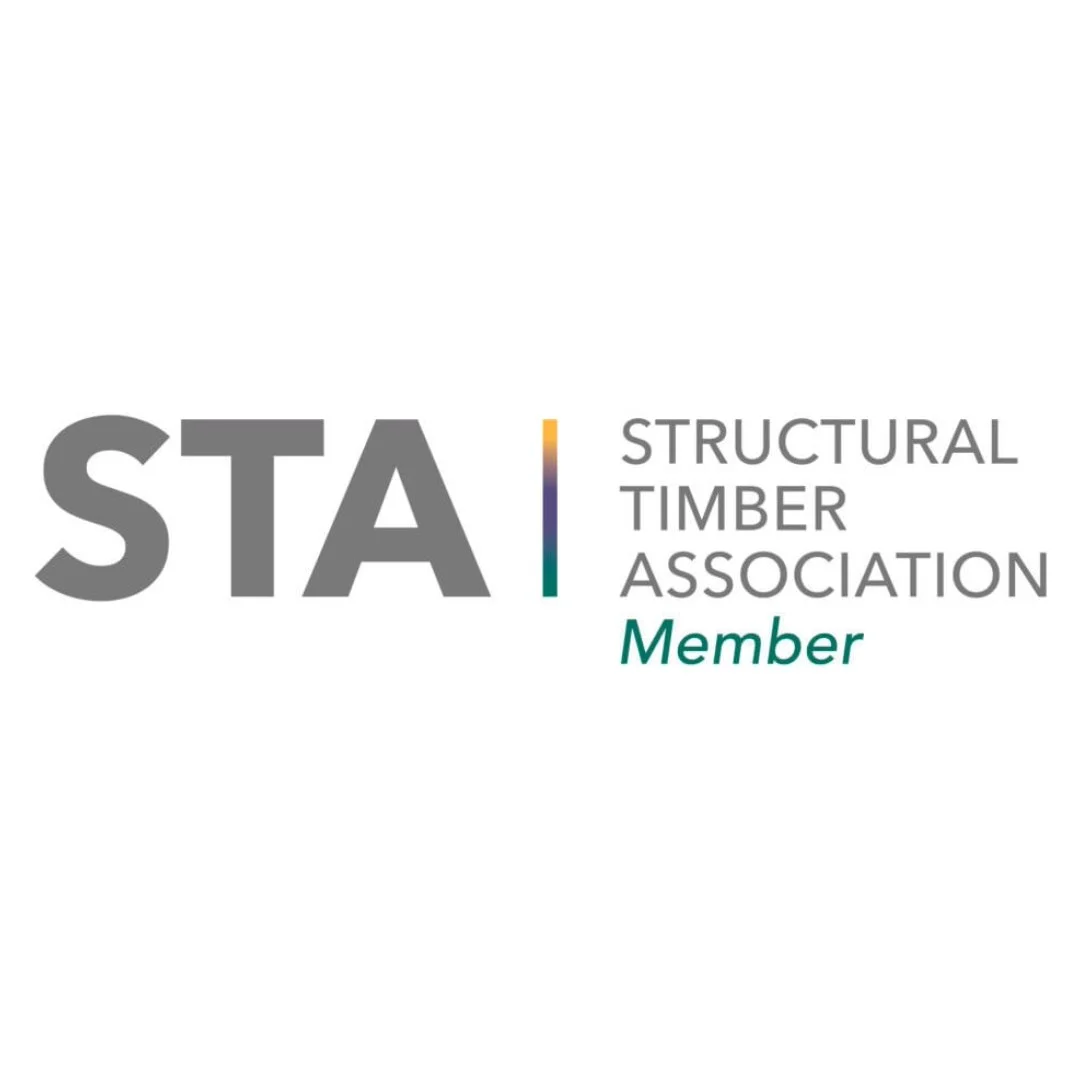Renovation Mortgages > What’s the best way to finance a home renovation?
Financing a home renovation in the UK.
The right option for how to finance a renovation will depend on many factors, like the scale of your plans, the condition of your property, and your eligibility for different borrowing options. As self-build mortgage experts, you can book in for a FREE call with our experts to discuss which option is best for you. But in the meantime, we’re breaking down all the main options for you to fund your home improvements so you can get an idea of what approach might be best for your project.
Remortgage or release equity
For most homeowners, remortgaging is the simplest and most affordable way to fund renovation work. It involves replacing your current mortgage with a new one (often from the same lender) and borrowing more than your existing balance to release cash for your project.
Let’s say your home is worth £350,000 and your current mortgage is £200,000. You might remortgage to £250,000, freeing up £50,000 for a kitchen extension or loft conversion.
This route works well for individuals whose property value has increased or who have accumulated equity over time. Because you’re borrowing against your home, the interest rate is typically much lower than with personal loans.
The trade-off is that you’ll pay the new balance back over your full mortgage term, and there may be fees if you’re currently in a fixed-rate deal. But for established homeowners, it’s usually the most cost-effective route for substantial renovations.
Further advance
A further advance is a smaller top-up loan from your existing lender. It lets you borrow more on top of your current mortgage, but without remortgaging your entire balance. Think of it as your lender saying: “You’ve got a good deal already. We’ll lend you a bit extra for your project.”
It’s ideal if you’re mid-way through a fixed-rate mortgage and don’t want to trigger early repayment charges. The application process is quicker, and you’ll often keep your existing terms on the primary loan, with the additional borrowing added as a separate segment.
It’s a straightforward way to finance works like extensions, garage conversions, or major refurbishments without disturbing your primary mortgage.
Secured or homeowner loans
A secured loan (sometimes called a homeowner loan) is another way to release equity from your home, but arranged separately from your primary mortgage.
This option is handy if:
You’re locked into a low fixed rate and don’t want to remortgage yet.
Your credit score has changed, making it harder to switch mortgages.
You only need to borrow a moderate amount (between £10,000 and £100,000).
Secured loans are typically quicker to arrange than a remortgage, and repayments can run over 5 to 25 years. The rates are slightly higher than standard mortgage products, but they’re still usually cheaper than unsecured borrowing.
For many people, a secured loan strikes the right balance between flexibility and affordability, particularly for projects such as a kitchen renovation or a new conservatory.
Renovation and Conversion Mortgages
If your property requires significant work (such as structural repairs, reconfiguration, or complete restoration), a standard mortgage typically won’t cover it. That’s where a renovation or conversion mortgage comes in.
These specialist products are designed for properties that are uninhabitable or require significant improvement before they can be lived in. They’re also perfect for barn conversions, chapel restorations, or turning commercial buildings into residential homes.
A renovation or conversion mortgage releases funds in stages as the work progresses. For example, after the roof is watertight, or when first-fix electrics are complete. This helps you manage cash flow and ensures you only pay interest on the money you’ve actually drawn.
Once the project is complete and the home is certified as habitable, you can usually switch onto a standard repayment mortgage at a lower rate.
This route is ideal if your project is beyond a simple refurb or if your property wouldn’t qualify for a traditional mortgage at the start.
At Mayflower, this is one of our core specialisms. Our advisers work with lenders who understand renovation and conversion finance inside out, so you can access products you won’t find on the high street and keep your project on track from day one.
Self-Build or Development Mortgages
If your renovation borders on a rebuild or involves creating a new dwelling from an existing structure, a self-build mortgage may be a more suitable option. Like renovation finance, these products release funds in stages, but they’re structured for larger projects such as demolish and rebuild projects or heavy extensions that make a property uninhabitable for months.
During the build phase, most lenders charge interest only on the funds that have been released. Once your home is complete and signed off, you move to a standard repayment mortgage. This approach gives you maximum control over your cash flow and ensures funding is available exactly when you need it.
Bridging Loans
A bridging loan is a short-term, interest-only facility often used when purchasing a property that is not yet mortgageable. For example, one without a working kitchen or bathroom.
It effectively bridges the gap between purchase and refinance. You use the loan to buy and renovate the property, then repay it once the project is complete and you can move onto a long-term mortgage.
It’s fast to arrange and flexible in structure, but the interest rates are higher. For this reason, bridging is best used for time-sensitive or auction purchases where other financing isn’t possible.
Smaller home improvement funding options
-
Personal loans and short-term credit
For smaller home improvements, like decorating, replacing flooring, or updating a bathroom, a personal loan can be a practical, no-fuss option.
Loans are typically unsecured, arranged quickly, and repaid over a period of one to seven years. They’re ideal for contained projects under £25,000. Just avoid using high-interest credit cards or overdrafts as long-term renovation funding, as they’re only suitable for short-term purchases that can be cleared quickly.
-
Grants and Incentives
If your renovation includes energy-efficient upgrades, it’s worth exploring government or local authority schemes to receive financial incentives, potentially. In England, the Boiler Upgrade Scheme offers grants for heat pumps and low-carbon heating, while the ECO4 and Great British Insulation Scheme support insulation improvements.
VAT savings can also be significant. You may qualify for reduced VAT when renovating a property that’s been vacant for two years, or even reclaim VAT entirely on certain conversion and self-build projects.
These can often be local grants or incentives, so check with your local council to determine what applies to you.
Which finance option is best for your renovation project?
Bought a property at auction or need funds fast
Bridging finance helps to provide short-term support if you can’t wait for a mortgage offer, or if your property isn’t yet habitable, until your renovation is complete.
Renovating a property that needs big work
Is it missing essentials, requires structural repairs, or isn’t yet mortgageable? A renovation mortgage is likely the right fit.
Stage funding keeps cash flow steady, and Mayflower can help you secure a lender that understands complex projects.
Transforming a barn
When you’re transforming a non-residential building like a barn into a home, specific conversion mortgages or self-build mortgages are your best option.
Rebuilding a new home entirely
If you want to create a new home from a shell, or do a knock-down and rebuild project, look into self-build mortgages.
Updating your current home
You want a new kitchen, bathroom, or extension, and your house is already habitable.
A remortgage or further advance is often the best option, offering low rates, an easy process, and long-term repayment options.
Making minor upgrades
Personal loans or savings are often your best option for quick wins under about £25k. You can also look into green grants, local incentives or VAT reductions to help.
How can Mayflower help to finance your renovation?
At Mayflower, we specialise in renovation, conversion, and self-build finance. These are projects that high-street banks don’t cater to. With over 15 years of experience, we guide you from your first design ideas to the final valuation, ensuring your funding structure fits your project, cash flow, and timeline.
✔ Specialist advice on renovation, conversion, and self-build mortgages.
✔ Quick decisions to minimise your contractors’ wait time.
✔ Dedicated adviser by your side from start to finish.
✔ Access to exclusive lenders and products.
Ready to plan your renovation?
Whether you’re refreshing a tired space or turning a barn into your dream home, our expert advisers can help you find the right funding structure for your goals.










